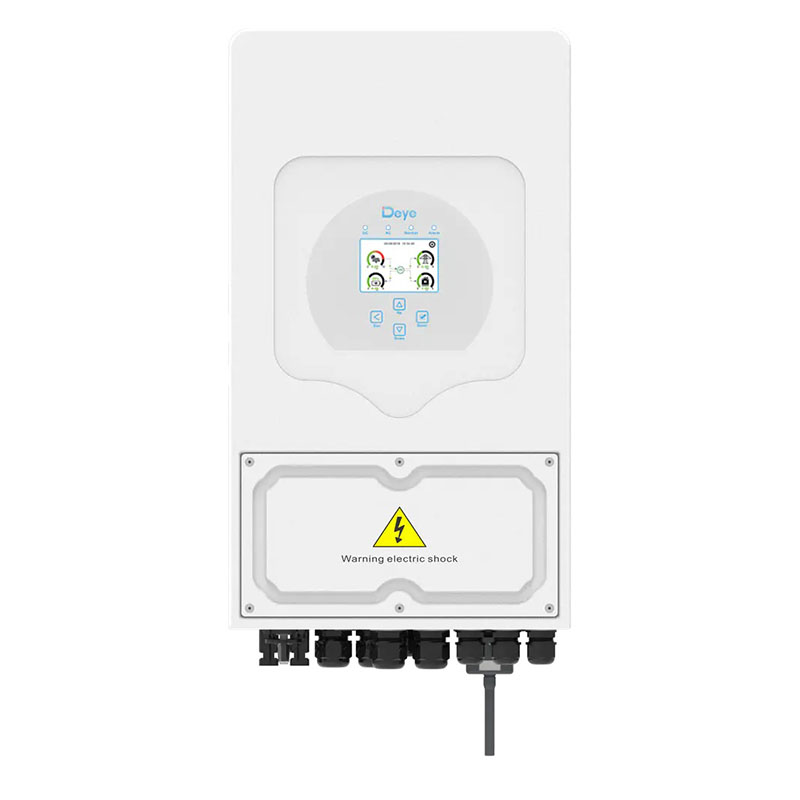Korea will make a foray into the lithium iron phosphate battery market, which has until now been dominated by Chinese companies thanks to its low price despite low energy efficiency.
The Korean Ministry of Trade, Industry and Energy announced on May 1 that it will invest 23.3 billion won (US$17.4 million) over the next four years to develop the world’s highest-quality lithium iron phosphate batteries. About 16.4 billion won (US$12.2 million) of the funds will come from the government and 6.9 billion won (US$5.1 million) from the private sector. It added that it confirmed a research and development organization to carry out the project. Deye 8kw Hybrid Inverter

Lithium iron phosphate batteries have revealed their limitation -- low energy density – in spite of their relatively low prices. Chinese companies have dominated the lithium iron phosphate battery market.
However, the global market share of lithium iron phosphate batteries surged to 35 percent last year from 16 percent in 2020 as they improved in performance, and their production does not require key minerals such as nickel and cobalt, the prices of which surged recently.
In response, the Korean government has begun to promote Korean battery makers’ development of high-performance lithium iron phosphate batteries. The Korean government and companies will join forces in localizing battery cathode materials and developing battery cells with higher energy densities.
The project will involve major companies such as Samsung SDI and Swemeka for batteries, EcoPro BM for cathode materials, Donghwa Electrolyte for electrolytes, and CIS for equipment.

12kw Hybrid Inverter The project will be supported in the technology development sector by colleges, universities, and research centers such as Kyungpook National University, Sogang University, Seoul National University of Science and Technology, Sungkyunkwan University, Ajou University, Hanyang University, the Korea Institute of Ceramic Engineering and Technology, the Institute of Mechanical, Electrical and Electronics Testing, and the Korea Research Institute of Chemical Technology.